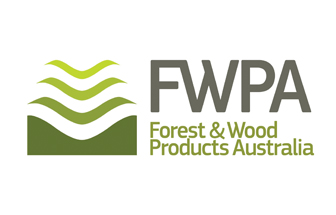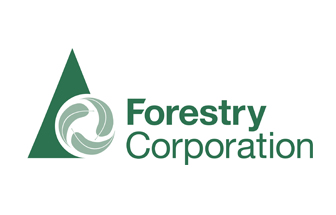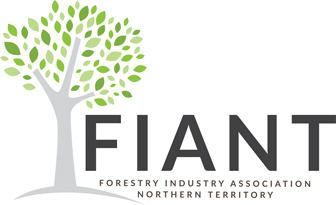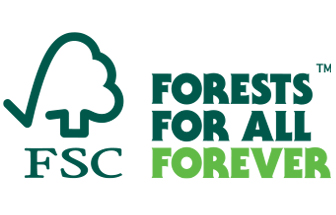ONE-FORTY-ONE INVESTS IN SEAGRASS RESTORATION TO HELP
FIGHT CLIMATE CHANGE AND IMPROVE ECO-SYSTEM HEALTH
Project partners… from left, Allanagh Rivers – general manager, infrastructure and environment, Port Nelson, Kylie Reeves, communications manager, OneFortyOne, Brent Guild, executive general manager, OneFortyOne, Dana Clark, team leader restoration ecology, Cawthron Institute, Hugh Morrison, CEO, Port Nelson, and Volker Kuntzsch, CEO, Cawthron Institute.
TRANS-Tasman private forestry company OneFortyOne has partnered with the Cawthron Institute, Westpac, the NZ Government Innovation Fund and Port Nelson to launch a seagrass restoration project that aims to fight climate change and improve eco-system health.
The three-year project will develop a blueprint for seed-based seagrass restoration that can be carried out across New Zealand. The aim is to enable large-scale restoration of seagrass meadows, helping to support biodiversity, improve water quality and sequester carbon.
This blueprint approach will be trialled in a Nelson Haven case study before the findings are used to produce information and resources that could inform scalable seagrass restoration projects throughout New Zealand.
Project co-leader Dana Clark, restoration ecology team leader at Cawthron Institute, says seagrass meadows support ecosystem health in coastal areas and are an important resource in efforts to mitigate climate change.
“Seagrasses are plants that live in coastal sandflats in estuaries and harbours, and further out to sea in underwater meadows,” Dana said.
“They make a big difference to ecosystem health in coastal areas by supporting biodiversity, improving water quality and absorbing large amounts of carbon dioxide.
“Although they only cover about 0.2% of the planet’s seabed, seagrasses account for about 10% of the carbon our oceans store, but unfortunately they are being lost at an alarming rate globally.
“Restoration projects around the world have achieved success by directly sowing seed into the wild and we plan to trial a similar approach with the aim of identifying the most effective method for New Zealand’s unique environment.”
Cawthron CEO Volker Kuntzsch says he is pleased to have the support of two prominent local businesses that see the value of investment in an ecological restoration project with many layers of benefit.
“We are happy to be working with Port Nelson and OneFortyOne on an environmental project like this that ticks all the boxes.”
Mr Kuntzsch added: “We’re building local knowledge and capability, we’re having a positive environmental impact by improving ecosystem health and biodiversity, and we’re investigating a really promising climate change solution that New Zealand could embrace on a wide scale if successful.










